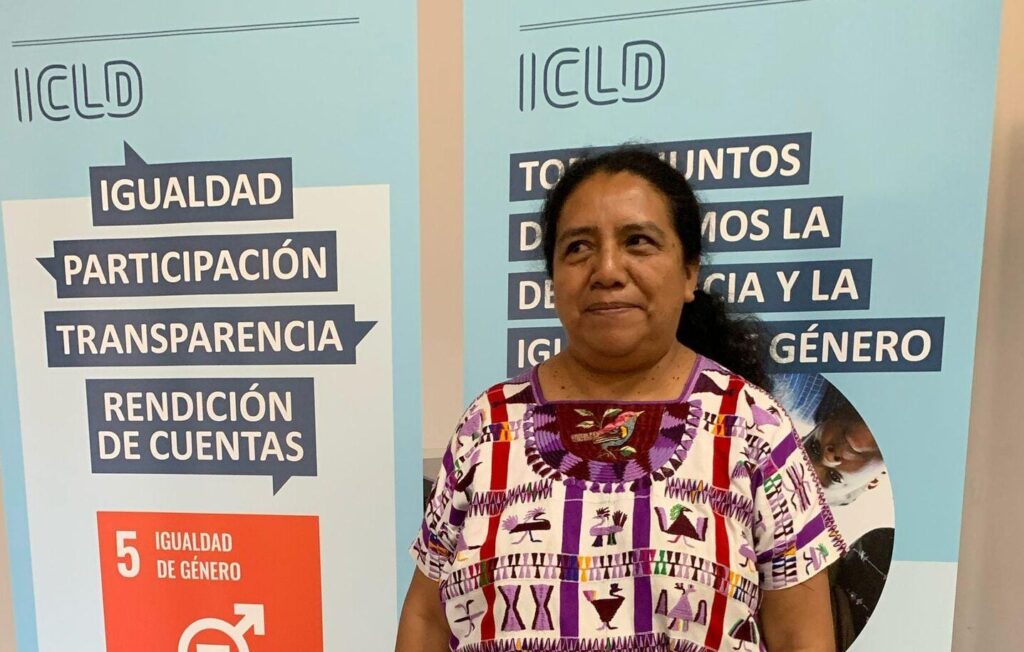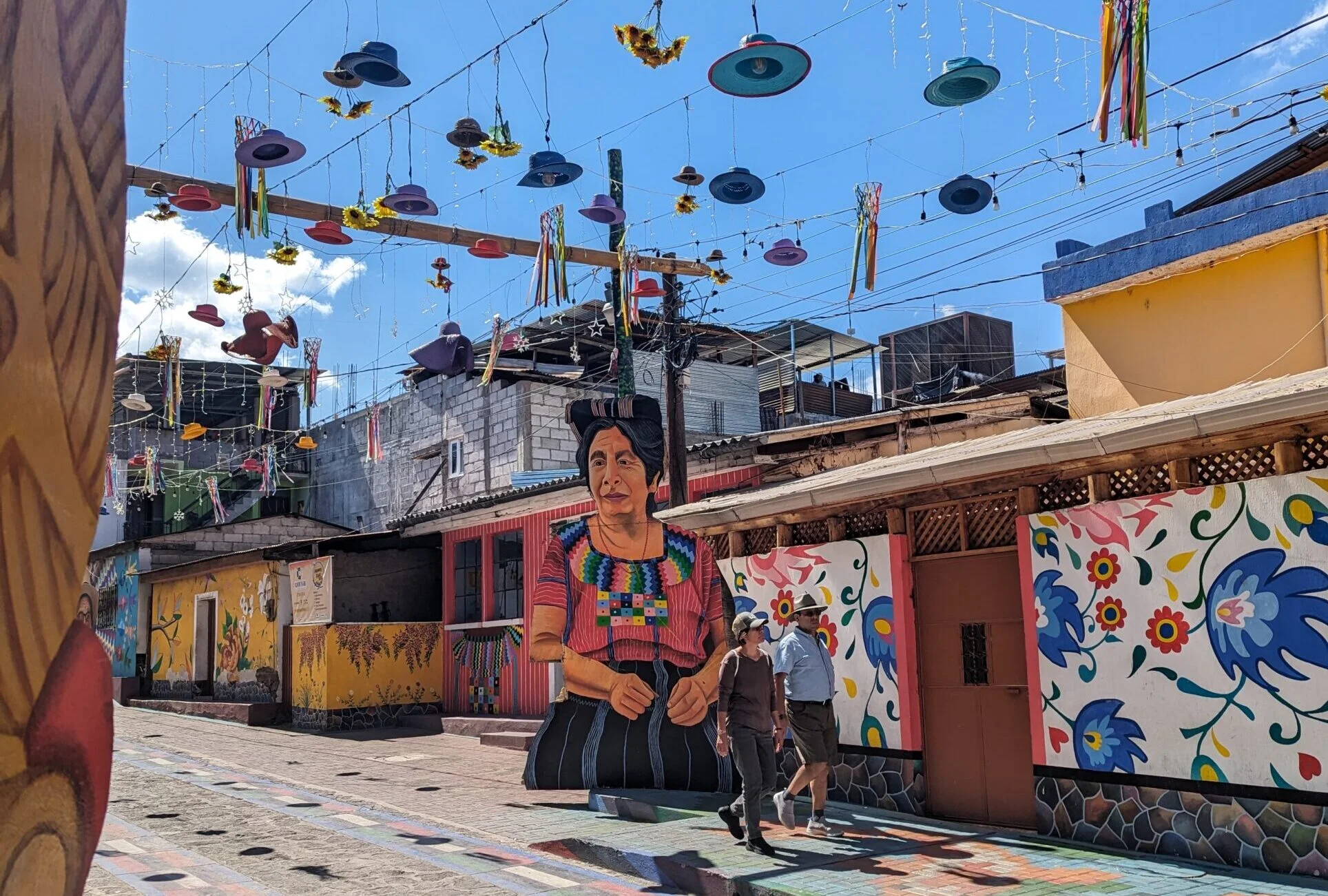This article is also avaible in Spanish
Local example from Guatemala
At ICLD, we work to ensure that more women are given the opportunity to take on leadership roles within local government. Political participation is a human right, and when more women are in power, decisions tend to be more inclusive and often prioritise social justice, education and health. But strengthening women’s influence in politics takes both courage and concrete measures. Quotas are one of several approaches.
To increase the number of women in leadership positions, businesses, organisations and local authorities must take proactive steps to address the barriers to women’s participation. Quotas are one method that not only sparks engagement but also provokes debate – including within ICLD’s international partnerships.
In Guatemala, the small municipality of Santiago Atitlán has taken a big step by introducing gender quotas – with support from civil society.
From a Swedish perspective, it can be hard to grasp the scale of the gender equality challenges in Guatemala. The reality is that only 12 of the country’s 340 municipal mayors are women, and just one of them is from the Mayan people – who make up nearly half of the country’s total population. At the national level, women are also underrepresented: they make up only 19 per cent of the members of congress and 36 per cent of government ministers (source: UN Women).
Collaboration between the municipality and civil society
Elena Chiquival has a long political career behind her as a former elected official in her home municipality of Santiago Atitlán, located 120 km west of the capital, Guatemala City. Today, she represents an umbrella organisation that brings together several local women’s associations in a joint initiative to promote women’s rights: Consorcio de Asociaciones del Municipio de Santiago Atitlán.
Together with the municipal mayor, Francisco Coché Pablo, she has succeeded in pushing through a local policy requiring at least 35 per cent women’s representation in the municipality’s development councils (COCODE).
“We are very pleased that the municipal women’s policy and the quota of at least 35 per cent representation for women in the municipal development councils has been adopted. This means that women now have better conditions for active participation, and also better knowledge of their human rights,” says Elena Chiquival..

Quotas can be successful
Getting more women into politics and leadership roles is a constant challenge and often meets with resistance. There are significant barriers to women advancing to leadership positions, including discrimination, bias, and limited access to mentoring and networking opportunities. There is no one-size-fits-all solution, but ICLD recognises that quotas can be an effective tool.
During ICLD’s visit to Guatemala earlier this year, we were inspired by the gender equality efforts in Santiago Atitlán. Their example shows that change is possible, even in difficult contexts. Traditional social norms and gender stereotypes are often used as an excuse not to strive for a more equal society – but it’s clear that the more women take on leadership roles, the stronger the development and the greater the gains in rights we see as a result.
“The path to gender equality can look different in different places, but as long as women continue to be systematically excluded from political decision-making, we must do more to promote equality,” says Johan Lilja, Secretary General of ICLD.
“Quotas for women in leadership roles have proven successful in many of our partner countries in Africa, and it will be exciting to see how quotas can also serve as a tool in Guatemala. It’s inspiring when municipalities adopt policies that lead to real change, as we’ve seen in Santiago Atitlán,” says Johan Lilja.
More on quotas and research
ICLD has previously published this article with references to research on the topic:
Gender Quotas and the Struggle for Representation in Local Democracy
Coutas de género y la lucha por la representación en democracia local
See also:
– How we can support democratic progress in Guatemala – article
Así podemos apoyar el progreso democrático en Guatemala


